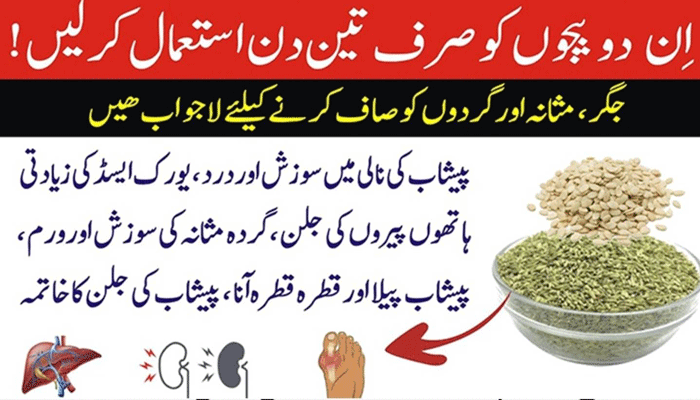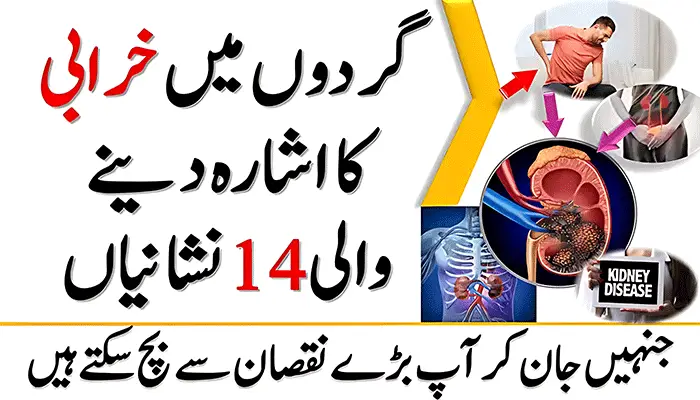Liver disease is a serious health condition that affects millions of people worldwide. It encompasses a range of disorders that affect the liver’s structure and function, leading to various symptoms and complications. Understanding the early warning signs of liver disease is crucial for timely intervention and management. In this article, we will explore one of the primary indicators that may signal the onset of liver disease.
Introduction to Liver Disease
The liver plays a vital role in metabolism, digestion, and detoxification within the body. Any disruption to its function can have significant consequences for overall health. Liver disease refers to a broad spectrum of conditions that affect the liver, ranging from mild inflammation to severe damage and scarring (cirrhosis). Maintaining liver health is essential for optimal bodily function and well-being.
Understanding Liver Disease
Liver disease can be caused by various factors, including viral infections (hepatitis), excessive alcohol consumption, obesity, autoimmune disorders, and genetic predisposition. Depending on the underlying cause, liver disease can manifest in different forms, such as fatty liver disease, hepatitis, cirrhosis, and liver cancer. Each type of liver disease has its unique characteristics and progression.
Early Warning Signs
Recognizing the early warning signs of liver disease is crucial for prompt diagnosis and treatment. While symptoms may vary depending on the specific condition and its severity, certain common indicators can signal potential liver dysfunction. These early signs often go unnoticed or are mistaken for other health issues, highlighting the importance of awareness and proactive health management.
Jaundice: A Prominent Indicator
Jaundice is one of the most recognizable symptoms of liver disease and serves as a prominent early warning sign. It is characterized by yellowing of the skin and eyes due to elevated levels of bilirubin, a yellow pigment produced during the breakdown of red blood cells. In liver disease, impaired liver function can lead to the accumulation of bilirubin in the bloodstream, resulting in jaundice.
Other Early Symptoms
In addition to jaundice, individuals with liver disease may experience other early symptoms that warrant attention. These may include:
- Fatigue and weakness: Persistent feelings of tiredness and lack of energy.
- Digestive issues: Nausea, vomiting, loss of appetite, and abdominal discomfort.
- Changes in urine and stool color: Dark urine and pale stools due to altered bilirubin metabolism.
- Abdominal pain and swelling: Discomfort or swelling in the abdominal area, often associated with liver enlargement or fluid accumulation (ascites).
Seeking Medical Attention
If you experience any of these symptoms, it is essential to consult a healthcare professional promptly. Early detection and intervention can significantly improve outcomes and prevent the progression of liver disease. Your doctor may recommend diagnostic tests such as blood tests, imaging studies (ultrasound, CT scan), or liver biopsy to evaluate liver function and identify any underlying abnormalities.
Preventive Measures
While some risk factors for liver disease, such as genetics, cannot be modified, adopting a healthy lifestyle can help reduce your risk and promote liver health. Strategies for prevention include:
- Limiting alcohol intake: Moderation is key to preventing alcohol-related liver damage.
- Maintaining a healthy weight: Aim for a balanced diet and regular exercise to prevent obesity and fatty liver disease.
- Avoiding risky behaviors: Practice safe sex, avoid sharing needles, and take precautions to prevent hepatitis infections.
- Vaccinations: Ensure you are up to date on vaccinations for hepatitis A and B to reduce the risk of viral hepatitis.
Conclusion
Early detection of liver disease is critical for effective management and improved outcomes. By recognizing the early warning signs and taking proactive steps to promote liver health, you can reduce your risk of developing serious complications. Remember to prioritize regular check-ups and consult your healthcare provider if you have any concerns about your liver health.






